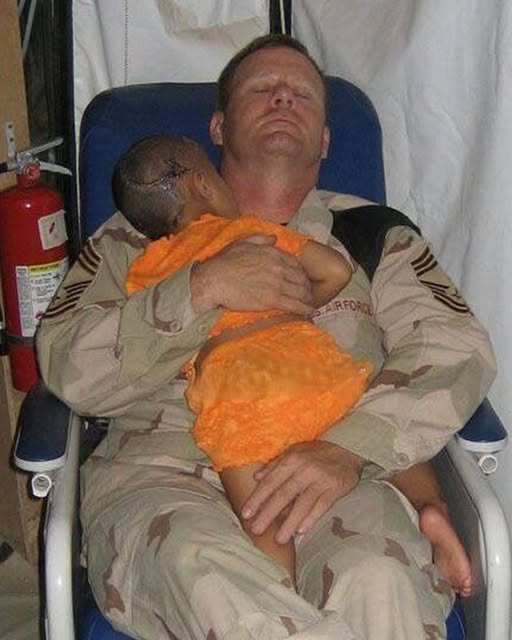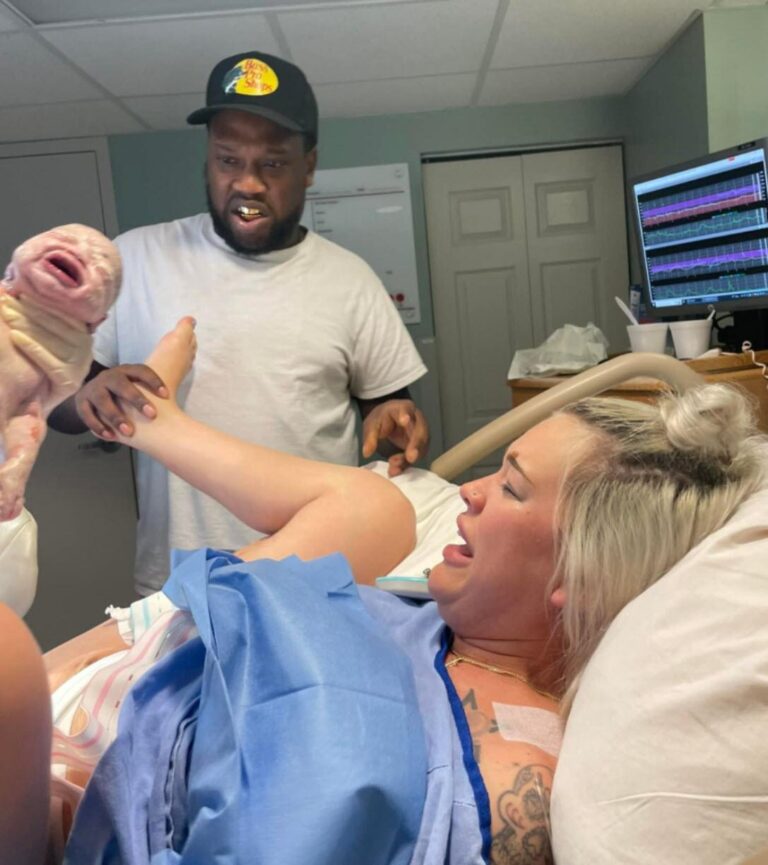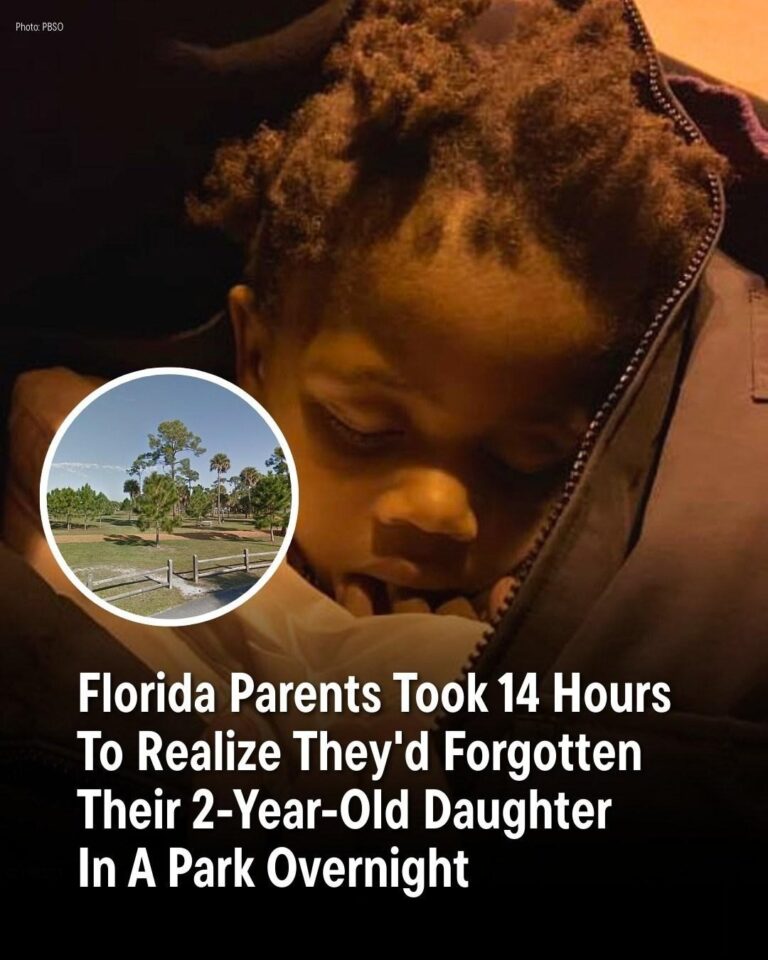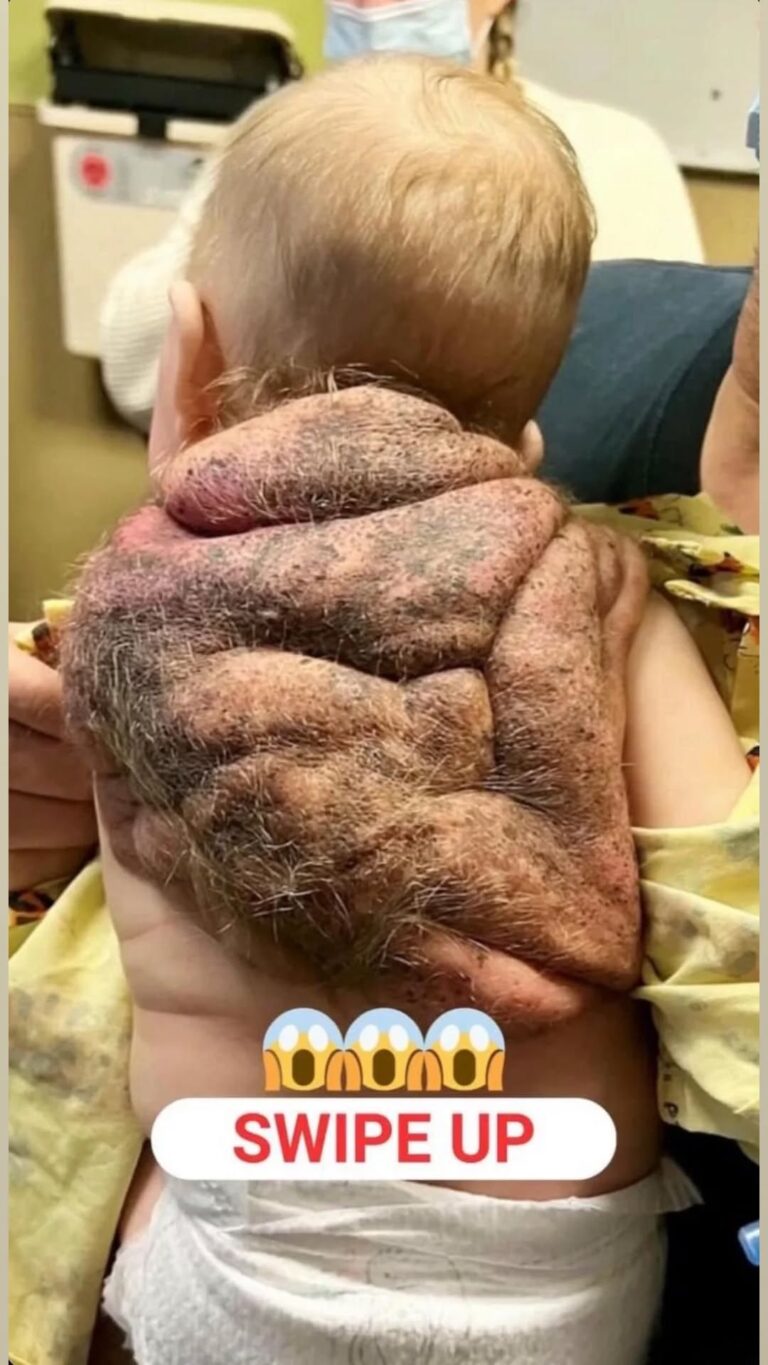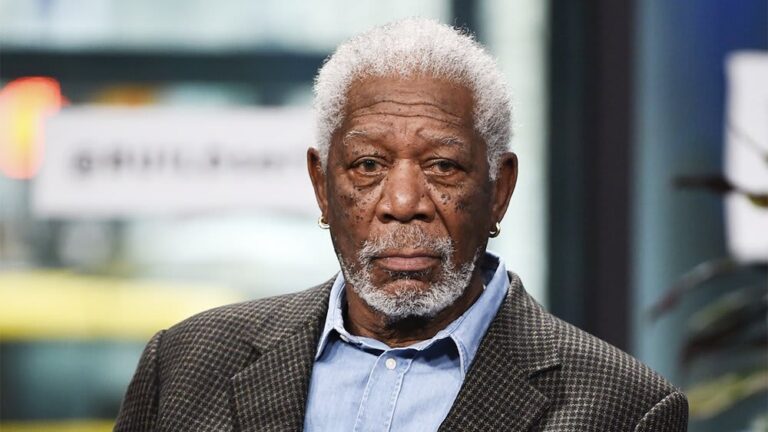I was heartbroken by the shocking revelation I found in a note tucked inside a rose.
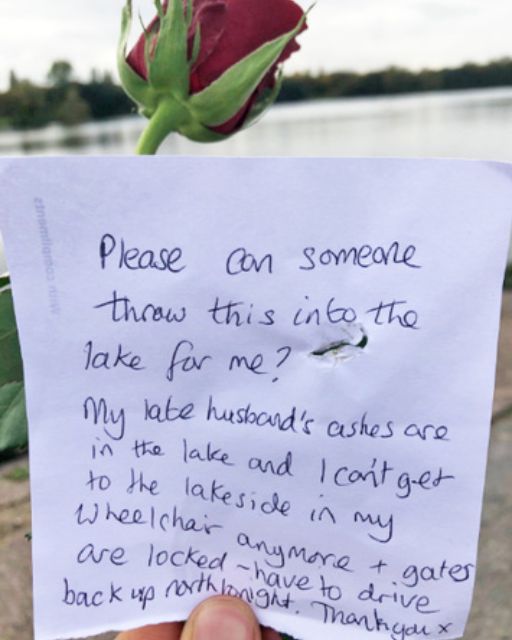
The Rose by the Lake: A Story of Unexpected Connection
I noticed it as I strolled past the lake—a single red rose, delicate and alone, resting near the water’s edge. A small note clung to its stem, fluttering in the breeze. Curiosity tugged at me. I knelt, picked it up, and read the message:
“Could someone kindly toss this into the lake? My wheelchair no longer lets me reach the spot where my late husband’s ashes were scattered. The gates close tonight, and I have to leave. Thank you, x”
The words stopped me cold. My chest tightened. I glanced around, searching for the person who had left it, but they were long gone.
Holding the rose more tightly, I felt its weight—far heavier than a flower should be. It carried grief, longing, and a love that had not faded with time.
I stepped to the edge of the lake, inhaled deeply, and released it. The rose danced briefly on the surface before drifting away. And in that moment, something shifted within me. A simple act of compassion had just changed me in ways I couldn’t explain.
The next morning, coffee in hand, I sat on my patio overlooking the same lake. The note replayed in my mind. Who was she? What was her story? The questions swirled in my head like ripples where the rose had landed. It felt like the beginning of something, not the end.
That afternoon, I stopped by a cozy café near the park’s entrance. Maybe someone there knew something. While waiting for my latte, I noticed an elderly woman sitting alone in the corner. Draped in a soft cardigan, she gazed out at the lake with a mix of quiet strength and sorrow.
After a moment’s hesitation, I approached. “Excuse me,” I said gently, “do you know who might have left a rose by the lake recently?”
Her eyes softened. She motioned for me to sit. Then, with a kind smile, she said, “You must be the one who found it. Thank you.”
“I did,” I replied. “I placed it in the water. But… how did you know?”
“She’s my daughter-in-law. Clara,” she said. “And I’m Evelyn.”
Evelyn told me everything. Her son, Daniel, had passed away two years earlier—an illness no one saw coming. He and Clara had been together since college. The lake had been their special place, their weekend ritual, even in winter. They had scattered his ashes there.
Clara hadn’t returned much since then—not because she didn’t want to, but because life had become harder. The wheelchair, the locked gates, the distance. Grief.
“She’s been struggling,” Evelyn said quietly. “She doesn’t talk to me much anymore. But last week, she called me, crying. She couldn’t get to the lake, but she wanted to leave him something.”
So Evelyn came up with the idea—leave the rose with a note, in hope that someone kind would find it. “Maybe Daniel would guide it to the right person,” she said with a wistful smile.
Over the next few weeks, Evelyn and I began running into each other—on lakeside walks, at the café. We talked more. She told me about Clara—how independent she was, yet deeply lonely. How she still wore Daniel’s old jacket sometimes, even though it drowned her. How she kept the world at arm’s length.
One golden afternoon, Evelyn turned to me and asked, “Would you meet her? Clara, I mean. She needs someone outside the family. Someone who’ll listen without judgment.”
I paused. It felt big. Personal. Vulnerable. But something in me whispered, yes. So I said it aloud.
A few days later, I was invited to Evelyn’s home for dinner. When Clara opened the door, I recognized her instantly from Evelyn’s photos. She was striking—piercing green eyes, high cheekbones, but a kind of heaviness in her gaze no makeup could hide.
We made small talk—weather, books, music—over homemade lasagna. Slowly, the conversation drifted toward Daniel. At first, Clara’s answers were short, cautious. But as the night wore on, her words flowed more freely.
“I miss him every day,” she said softly, staring into her wine glass. “Not just the big things. The little ones. The way he’d hog the blanket during movies. Or sing horribly in the shower.”
She didn’t wipe away her tears. She let them fall. And for the first time, I saw her as more than grieving—she was healing.
Over time, Clara and I became close. Not romantically—just two people, bound by a shared moment, learning to trust again. We tried new things together: painting classes, nature hikes, cooking experiments. Each shared laugh, each quiet conversation chipped away at the walls she’d built.
Then came the surprise.
One Saturday morning, Clara showed up at my door, beaming, holding a sketchpad. “I need your help,” she said. Inside were designs for a memorial bench by the lake. A plaque would read: Love transcends boundaries, both seen and unseen.
“It’s beautiful,” I told her. “But… why me?”
“Because you reminded me that love still exists,” she said, her voice trembling. “Not the romantic kind. The kind that connects strangers. The kind that saves us.”
Her words hit me like a wave. All this time, I thought I was helping her. But she had helped me too. Before the rose, I had been careful. Isolated. Now, I felt more alive than I had in years.
The day of the bench unveiling was clear and bright. Friends, family, even strangers gathered by the lake. Clara spoke with calm strength. Evelyn smiled at me, tears shining in her eyes.
As the ceremony ended, Clara handed me a small envelope. Inside was a note:
“To the stranger who found my rose—
Thank you for being the bridge between me and Daniel. You reminded me that while love changes, it never truly ends. Please keep being kind. You’ll never know how much it matters.
With love,
Clara”
That’s when I understood the true heart of this story: Compassion has a ripple effect. A small act can change the course of someone’s life. And sometimes, in helping others heal, we find our own peace too.
If this story touched you, share it. Let’s keep kindness blooming—one rose at a time. ❤️

